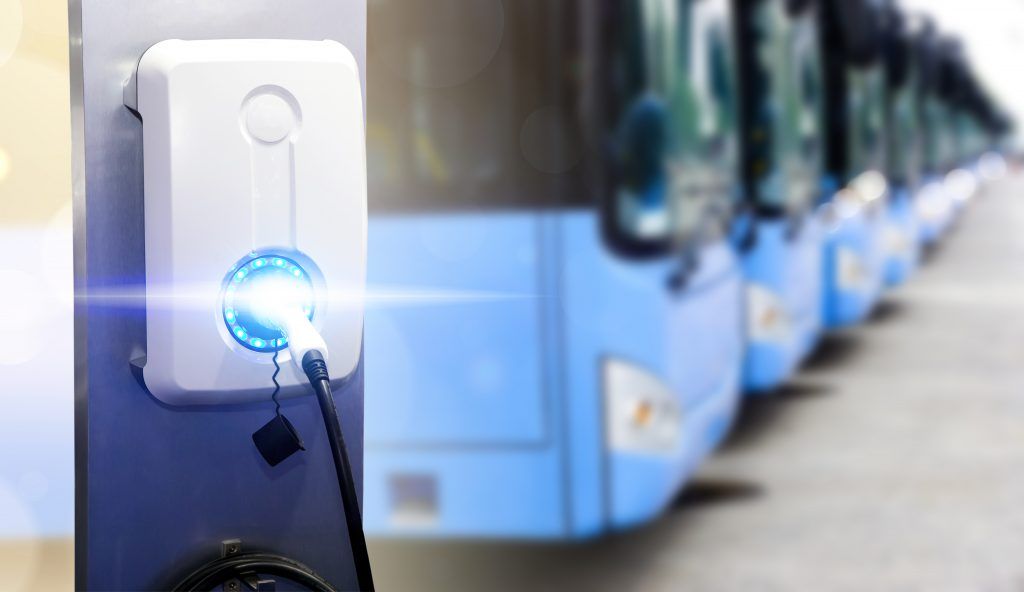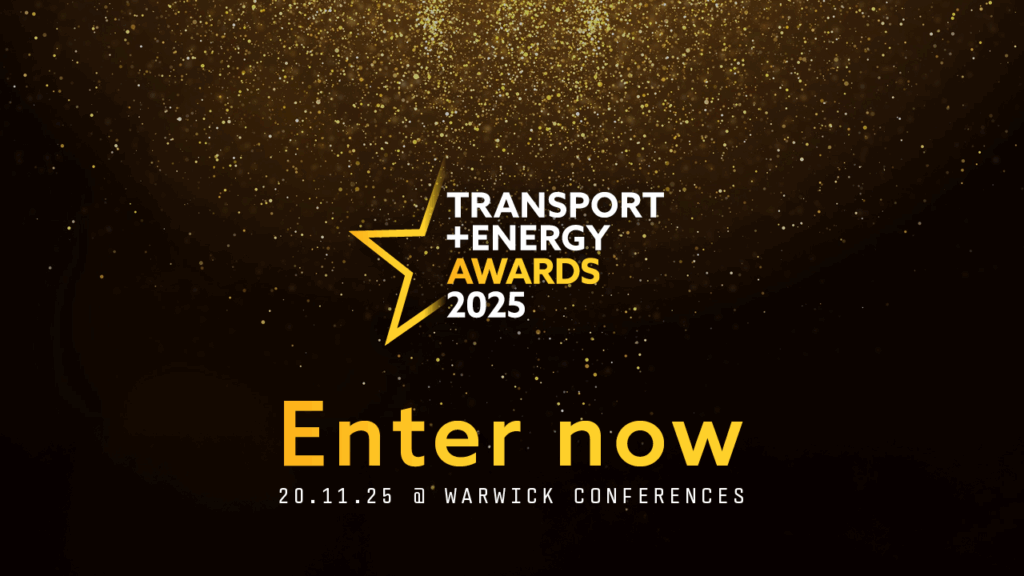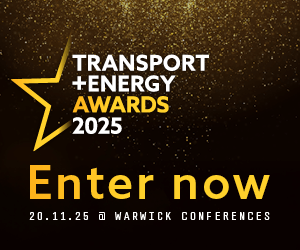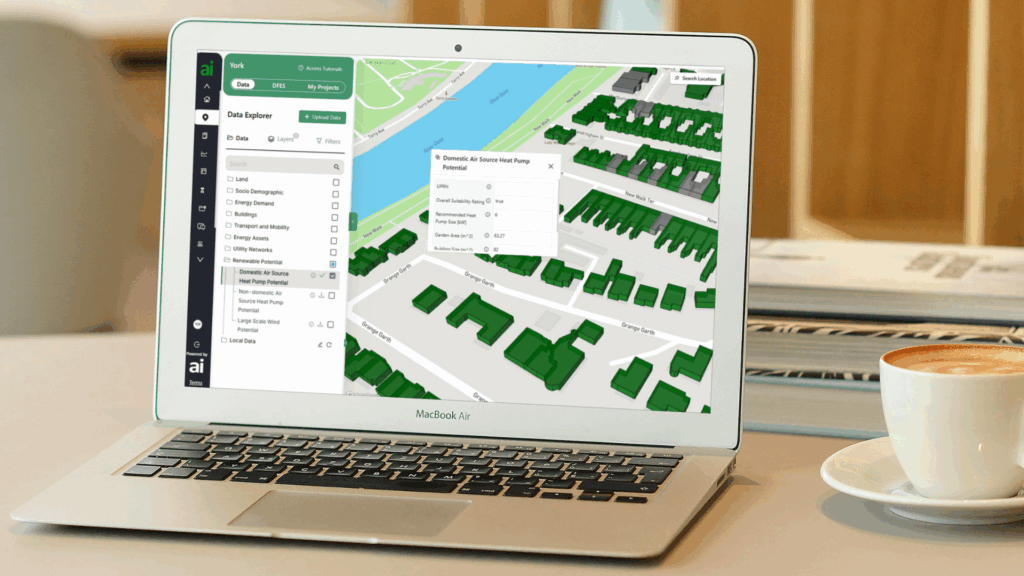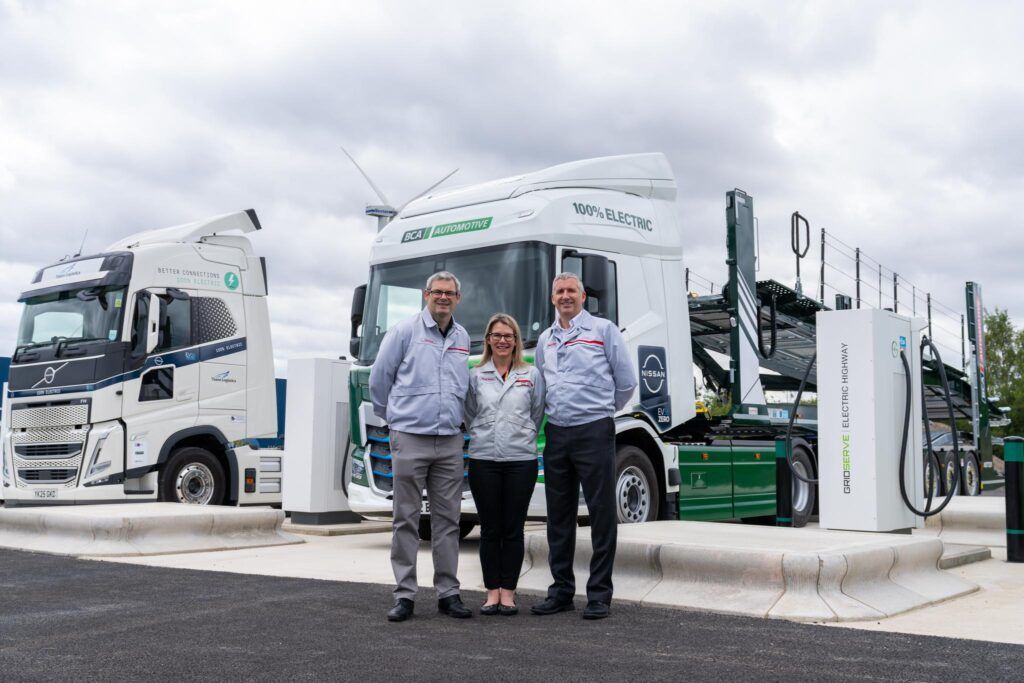Shifting to electric vehicles isn’t enough says progressive policy think tank, IPPR. Public transport, walking and cycling need a greater role in the UK’s future.
The new IPPR report argues that to be fair to all, the UK government’s upcoming plan for decarbonising transport must focus on improving people’s quality of life – and this cannot be achieved through a shift to electric vehicles alone.
IPPR analysis suggests the current approach to decarbonising transport in the UK could see a 28% increase in car in use by 2050, and an 11% increase in car traffic.
Think tank argues for greater focus on affordable and clean transport alternatives to cut overall car use.
Transport is currently the UK’s largest greenhouse gas emitting sector, and the IPPR says this is a ‘once in a generation opportunity’ to put in place a new approach to how we all travel, with solutions benefitting wellbeing, health and environment.
IPPR analysis of the Committee on Climate Change’s sixth carbon budget shows that, without additional measures being put in place, the current approaches to reaching net zero could lead to:
- an 11% rise in car traffic between 2021 and 2050
- a 28% increase in car ownership, with 10 million more cars on the road by 2050. There are serious questions about the resources required to construct these 43.6 million vehicles
- even more land and street space used for car parking. The average car in the UK is parked 96% of the time.
An approach that places too much emphasis on the shift to electric vehicles, without also providing sufficient support for alternatives including affordable public transport, walking and cycling, would also likely benefit wealthy people more.
Over 90% of the highest income households own at least one car (and over 20% own three or more) while only a third of households in the bottom 10% by income own a car. People on lower incomes would benefit much more from an improved public transport system.
IPPR’s proposals to achieve this transition fairly include:
Create a national guarantee for levels of transport and digital connectivity with the stated aim of making it possible to live a good life, wherever you live, without needing to own a car.
This must include:
- seven days a week public transport connectivity for all rural areas based on the principle that everyday needs should be accessible within a 20-minute walk, cycle or public transport trip
- investment in both public transport and revitalising local town centres. Investment in walking and cycling during this Parliament should be at least £6 billion
- introduce a ‘help to move scheme’ to provide grants and loans to support people to buy cycles, electric scooters, e-bikes or electric vehicles where they need them
- ensure fair access to electric cars if and when they are needed, with a national electric vehicle charging rollou
- end all public procurement of carbon-emitting vehicles by 2022 and bring forward to 2025 the ban on buying combustion-engine vehicles for large commercial fleets, to ensure businesses take action to decarbonise their fleets
- reallocate road space to cycling, walking and green space. Town and city centres should aim to be car free by 2030. Local authority planners should set a target of at least 30% tree cover for new developments and be able to prevent new developments that would increase traffic or car dependence.
IPPR says that the government should aim for the level of car ownership to peak by 2030, before falling to a more desirable level by 2050.
Through a series of citizens’ juries, run as part of the IPPR’s Environmental Justice Commission, the think tank found that people were far more ambitious for the future of transport than the government.
Juries on climate and nature policy in Thurrock and the South Wales Valleys revealed a common desire for more public transport options and improved walking and cycling infrastructure.
The South Wales Valleys climate citizens’ jury said: “Electric is only part of the answer; we also need fewer car trips overall, so a move to electric vehicles must only happen in combination with public transport improvements and a reduction in journeys.”
Luke Murphy, head of the IPPR Environmental Justice Commission, said: “The urgency of the climate crisis cannot be overstated. Yet little progress has been made in cutting transport emissions over the past three decades. This imperative for urgent action creates a once-in-a-generation opportunity to put in place a new approach to how we all travel.
“The government’s current preferred strategy places an overwhelming focus on the shift to electric vehicles. While superficially attractive because of its offer of continuity, such an approach will not deliver for people or planet.
“We need to massively expand the provision of and affordability of clean public transport options, such as trains, buses and trams, while helping more people to regularly walk and cycle, alongside a shift to electric vehicles for those that need them.”
Becca Massey Chase, deputy head of the IPPR Environmental Justice Commission, said: “Creating more liveable streets and neighbourhoods is essential to realising the economic, environmental and social benefits of a transformed transport system. With fewer cars, we can reclaim space for nature and improve health by reducing air pollution and boosting active transport.
“Delivering infrastructure that connects every part of the country digitally and physically seven days a week will create considerable economic benefits and enable more people to stay local, rather than be forced to leave home for work or commute long distances.”
Image: Shutterstock




